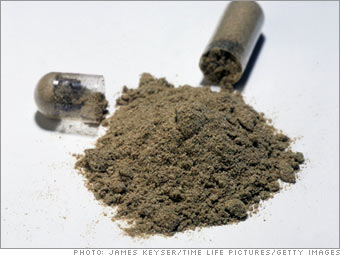Cost: $10 to $20 for a 100-capsule bottle
Covered by insurance: No
Bottom Line: Very faddish; sometimes dangerous
There's a back-to-basics appeal in herbal medicines that marketers understand all too well. Testing by NCCAM, though, has turned up little evidence that the remedies work.Remember the excitement over echinacea? More than 14 million people used it in 2002 for cold prevention or as a remedy. Turns out, tests later showed, that it does nothing.
Saw palmetto to shrink enlarged prostates? There's scant evidence that it works. Federal testing has found that other herbs, like depression remedy St. John's wort, interfere with prescription drugs. Kava, used to treat insomnia and anxiety, has been linked to serious liver damage.
That's not to say all herbal remedies are bad. Kudzu extract, for example, seems to help heavy drinkers imbibe less.
Check a product's label to see if it complies with the Food and Drug Administration's Good Manufacturing Practices program, or look for a seal from the United States Pharmacopoeia, which sets public standards for health care products made in the U.S.

